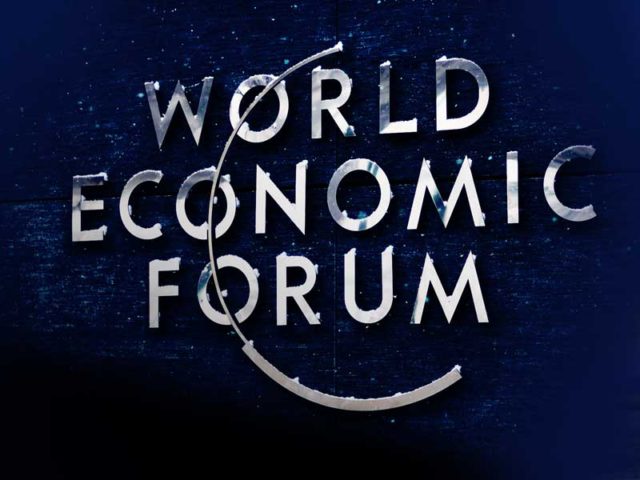- Bolstering disability rights leads to clear returns, agreed panellists from the top echelons of business
- The case for disability inclusion comes from the head and from the heart, but awareness is inadequate
For more information about the Annual Meeting, visit www.weforum.org

Davos-Klosters,
Switzerland, 25 January 2019 – It is in the interests of corporations and leaders to support and
nurture the talents of disabled individuals, agreed a panel on the business
case for disability inclusion at the World Economic Forum Annual Meeting.
Panellists agreed on the clear economic case and return on investment for
disability inclusion, as part of the value proposition of a business, and
recognized the imperative to create a new global standard for workplace
disability equality. Stakeholders must recognize “the power that business
brands, leaders and platforms can bring to change,” said Caroline Casey,
founder of business inclusion company Binc.
There are 1.3 billion individuals with disabilities worldwide – one in seven of
the global population. A total of 80% of that number acquire a disability
between the ages of 18 and 64, yet disabled people are 50% less likely to have
a job. “Disability, collectively, is the most marginalized group of people in
the world,” said Casey. The case for disability is a case for business,
participants argued. Multiple studies have shown that disability inclusion in
the workplace results in higher revenue, net income and profit margins, while
the cost of disability exclusion in OECD countries is an estimated 7%.
“We see the financial benefits, the benefits of attracting great talent,” said
Julie Sweet, Chief Executive Officer for North America at Accenture. “We
believe it’s really important to be focusing on invisible disabilities,” she
said, which accounts for 80% of disabled individuals.
“If we don’t have a world where everybody is included, then we’re touching the
basic fabric of humanity,” said Paul Polman, Chief Executive Officer (2009-2018)
of Unilever, who also runs a foundation for the blind. “People with
disabilities are humans, and it could be you tomorrow.”
“If you as a company respect every individual, you have a better chance of
being respected,” Polman said. “You show you are a company that cares.”
“There are so many reasons, from a company business standpoint, to make sure we
bring equality to life for our people, for our consumers, for all of our
stakeholders,” said Carolyn Tastad, Group President for North America at
Procter & Gamble. “It’s just the right thing to do, and it’s good
business.”
“We need outstanding talent in our company, which means we have to take
diversity and inclusion really seriously, and disability plays a huge role in
that for us,” noted Duncan Tait, President and Chief Executive Officer for
Europe, Middle East, India and Africa at Fujitsu. Said Tate: “Take the first
step. Get your leaders confident in disability, set up a network, and make a
target.”
The role of media in raising awareness was highlighted. “We can do a better
job,” said Peter T. Grauer, Chairman of Bloomberg. “We can leverage our
platforms much more effectively,” he continued, committing to increasing internal
education and diversity.
By leveraging advertising and media to tell positive disability business
stories, companies can “show the possibilities, the potential of these
remarkable individuals,” commented Tastad.
Polman made an impassioned call for action: “If people cannot see past a
disability then they are blind themselves; if they cannot hear the cries of
everybody to be included then they are deaf themselves; and if they don’t stand
up for their rights they are lame themselves.”
“None of us are doing enough,” said Sweet. “But this is how we make change.”
The World Economic Forum Annual Meeting brings together more than 3,000 global
leaders from politics, government, civil society, academia, the arts and
culture as well as the media. Convening under the theme, Globalization 4.0: Shaping a Global
Architecture in the Age of the Fourth Industrial Revolution,
participants are focusing on new models for building sustainable and inclusive
societies in a plurilateral world. For further information, please click here.
